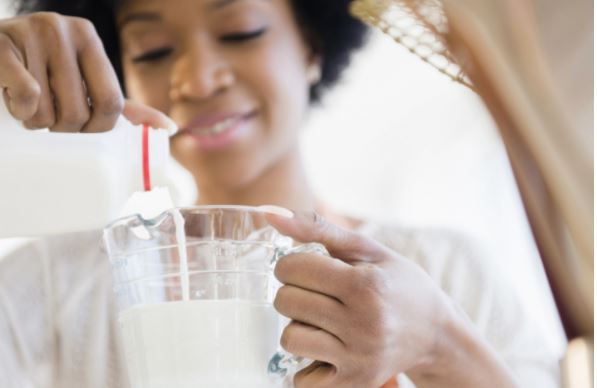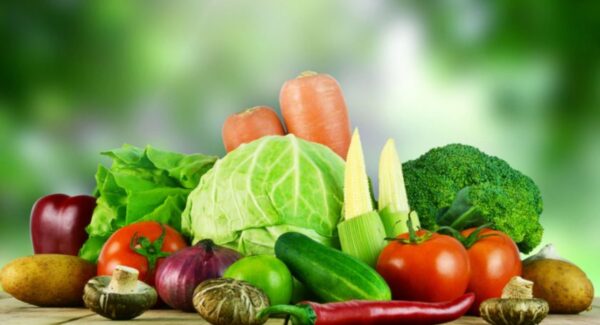Lifestyle
5 non-dairy calcium sources you can add to your diet

Milk and other dairy products are rich sources of calcium. But people with lactose intolerance often find it hard to add enough calcium-rich foods to diet.
Calcium is important for your health. In fact, you should have more calcium in your body than any other mineral.
It is believed to be crucial for women as it helps to ease the effects of premenstrual symptoms in young women.
For women, aged 50 years and above, regular intake of calcium are of utmost importance as it will ensure their bones remain strong and healthy.
A regular dose will help prevent osteoporosis which is a bone disease where the density of the bones decreases drastically.
The following are non-dairy calcium sources you can add to your diet:
1. Sesame seeds
Both the black and white sesame seeds are rich sources of calcium. Two heaped tablespoons of sesame seeds are equivalent to 300 mg of calcium.
2. Chia seeds
Aside from being a rich source of omega-3 fatty acids, protein and fibre, these seeds are also packed with calcium. Add chia seeds to your oat pudding or just eat a tablespoon of the lightly toasted seeds. Chia seeds are loaded with plant-based protein, fibre, calcium and much more.
3. Poppy seeds
Just a tablespoon of poppy seeds can lead up your diet with calcium. Add these seeds to make a porridge. Poppy seeds are also rich in protein, fibre and manganese.
4. Dark green leafy vegetables
Leafy vegetables are a powerhouse of nutrients. Fenugreek leaves, moringa leaves, and kale have good amount of calcium. You can cook these several ways and add to your diet.
5. Dried moringa leaves powder
You might have com across the health benefits of moringa leaves several times. Moringa leaves are loaded with calcium, antioxidants and essential minerals.








